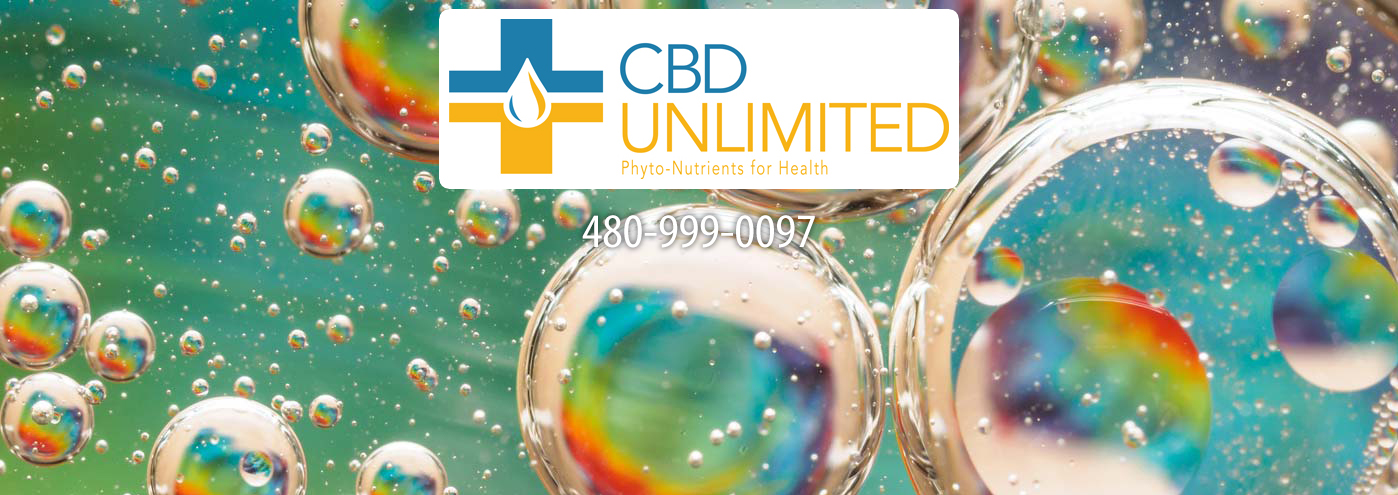 Cave Creek 5/8/2016 12:00:00 PM
Cave Creek 5/8/2016 12:00:00 PM
News / Health & Wellness
Cannabidiol And Women's Health

CBD, an all-natural compound that will help in reducing your stress level, strengthen your autoimmune system and may even help in the treatment of breast cancer.
It is well known that not all diseases affect women and men equally. Certain types of conditions occur at a higher rate or frequency in women. Moreover, in most cases, the increased risk factors that women are facing are not necessarily gender related.
Here are some of the known facts:
- 75% of people affected by autoimmune diseases are women; Those inflammatory conditions including rheumatoid arthritis, multiple sclerosis, lupus and many other chronic illnesses which in turn lead to an increased risk of heart disease for women.
- 18% of women in the US suffer from migraine headaches; Migraines affect three women for every one man;
- For Alzheimer’s disease, the ratio is two to one; this neurodegenerative condition kills nearly 60,000 women every year.
- Women are up to 40% more likely than men to develop mental health conditions, according to new analysis by a clinical psychologist at Oxford University; women are approximately 75% more likely than men to report having recently suffered from depression, and around 60% more likely to report an anxiety disorder.
- Breast cancer affects twelve percent of women in the US during the course of their lifetime with just under a quarter million new cases expected to be diagnosed this year alone, according to breastcancer.org.
What if nature provided us with a magic formulation and created a molecule with the ability to alleviate the symptoms, treat or even prevent the onset of the majority of the conditions listed above that disproportionately affect women and for which treatment options are at best palliative and rife with adverse side effects that severely compromise one’s quality of life?
The answer may surprise you but nature has already given our bodies the ability to produce this molecule along with many others which, acting together, work to attain and maintain homeostasis. Homeostasis is defined as the innate tendency to seek and maintain a condition of balance and equilibrium within its internal environment, even when faced with external changes.
This system is called the EndoCannabinoid System (ECS) and Cannabidiol (CBD) is one of the naturally occurring cannabinoids it produces.
These cannabinoids stimulate the body’s cannabinoid receptors, CB1 and CB2. It is these receptors that engage in “retrograde signaling,” a unique form of inter-cellular communication that inhibits immune response, reduces inflammation, relaxes musculature, lowers blood pressure, dilates bronchial passages, increases cerebral blood flow and normalizes over-stimulated nerves.
The EndoCannabinoid System is a system within the body that controls the way the body reacts to normal physiological processes. This molecular signaling system controls how the human body experiences pain, stress, hunger, sleep, circadian rhythms, blood pressure, body temperature, bone density, fertility, intestinal health, mood, metabolism, memory retention, and more.
CBD was isolated in 1963, lacks psychoactivity (it does not make you high), and does not appear to bind to CB1 or CB2 receptors, but rather interacts with a multitude of various ion channels, enzymes, and other receptors that are felt to explain its potential analgesic, antiepileptic, anti-nausea, anti-emetic, anti-inflammatory, anxiolytic, anti-psychotic, and anti-ischemic properties.
Its potential analgesic and anti-inflammatory effect is several hundred times more potent than aspirin in animal studies. CBD also has strong anti-oxidant actions and has been shown to reduce neurotoxicities.
Cannabidiol has been shown in multiple clinical studies and research papers to be helpful in the prevention and/or treatment of the following conditions:
- Epilepsy
- Cancer
- Neuropathic pain
- Arthritic pain
- Muscle spasms
- Inflammation
- Oxidative Stress
- Trauma
- Anxiety
- Psychosis
- Depression
- Schizophrenia
- Psoriasis
- Multiple Sclerosis
- Alzheimer’sCannabidiol is extracted from the hemp plant and grown under license from the Department of Agriculture. CBD is available commercially in oil form, in tinctures and topical ointments and creams.
For more information on clinical studies and research papers, click here. NCBI and PubMed are branches of the National Institutes of Health (NIH).





















